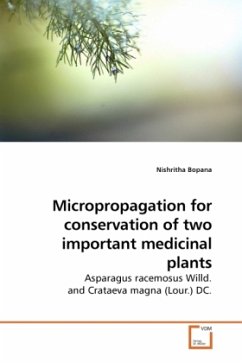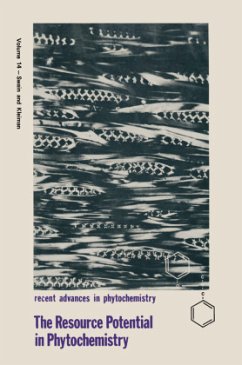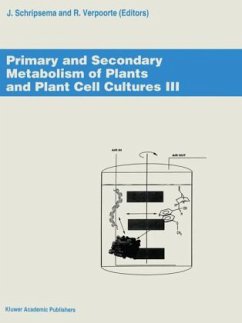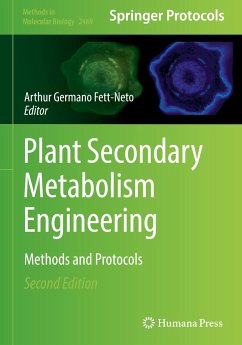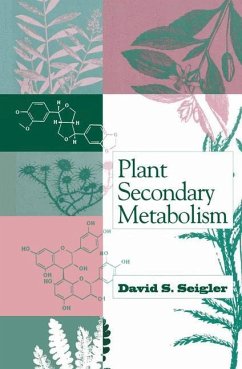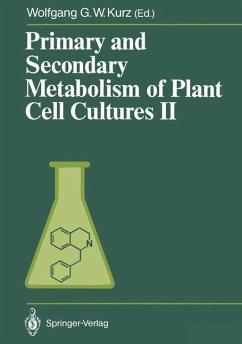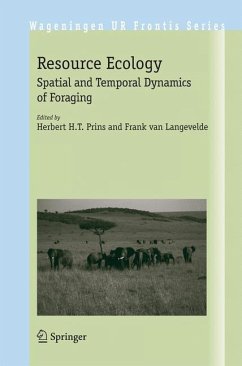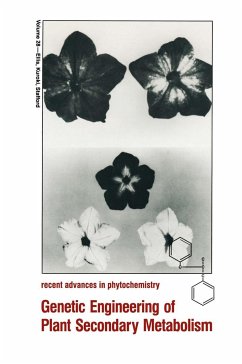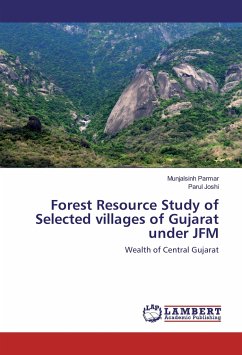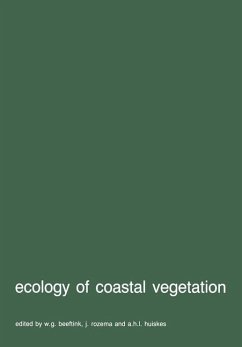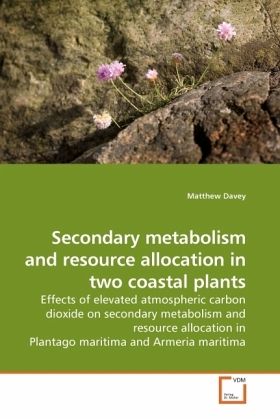
Secondary metabolism and resource allocation in two coastal plants
Effects of elevated atmospheric carbon dioxide on secondary metabolism and resource allocation in Plantago maritima and Armeria maritima
Versandkostenfrei!
Versandfertig in 6-10 Tagen
51,99 €
inkl. MwSt.

PAYBACK Punkte
26 °P sammeln!
This PhD thesis investigates the physiological and biochemical responses to atmospheric carbon dioxide and soil nitrogen availability in the two coastal plants Plantago maritima (Sea Plantain) and Armeria maritima (Sea Pink, Thrift). In response to drought, Sea Plantain accumulates the carbon-based compatible solute sorbitol, whilst Thrift accumulates the nitrogen-based solutes betaine and proline. It was hypothesised that these contrasting metabolic responses will cause a species-specific response in the resource allocation of other metabolites. This thesis presents data on biomass, leaf gas ...
This PhD thesis investigates the physiological and biochemical responses to atmospheric carbon dioxide and soil nitrogen availability in the two coastal plants Plantago maritima (Sea Plantain) and Armeria maritima (Sea Pink, Thrift). In response to drought, Sea Plantain accumulates the carbon-based compatible solute sorbitol, whilst Thrift accumulates the nitrogen-based solutes betaine and proline. It was hypothesised that these contrasting metabolic responses will cause a species-specific response in the resource allocation of other metabolites. This thesis presents data on biomass, leaf gas exchange (photosynthesis and transpiration), water potential and carbohydrate concentrations showing how Thrift was more responsive to changes in C and N availability than Sea Plantain. This thesis also examines resource allocation to other major C and N sinks, the soluble proteins and phenolic metabolites and structural compounds such as lignin. As well as the presented data, this thesis details the range of physiological and biochemical techniques such as mass spectrometry required to carry out such experiments, and answer important biological and ecological questions, on wild plants.



